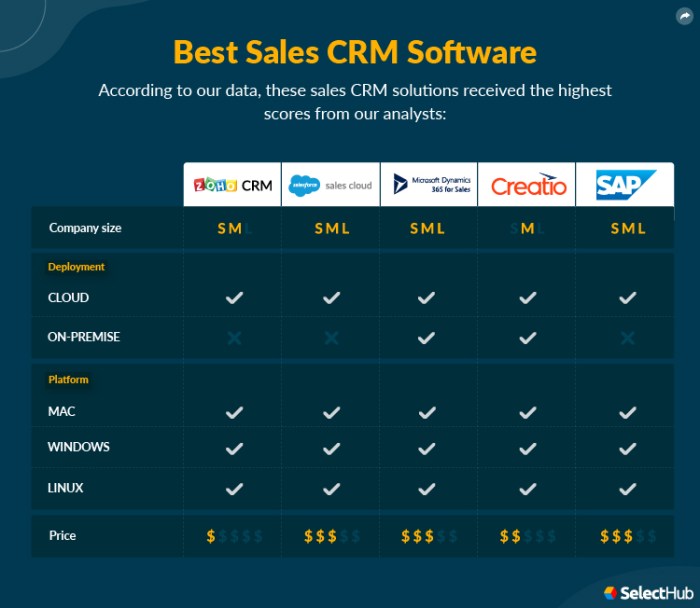Client CRM
In the ever-evolving landscape of business, effective client relationship management (CRM) has emerged as a cornerstone for success. Businesses of all sizes and industries rely on CRM solutions to streamline processes, enhance communication, and foster lasting relationships with clients. In this comprehensive guide, we explore the world of client CRM software, its key features, benefits, and how it can revolutionize your approach to client management.
Understanding Client CRM Solutions
Client CRM software is a robust tool designed to help businesses manage interactions with clients, streamline communication channels, and optimize customer engagement. It serves as a centralized platform for storing client data, tracking interactions, and analyzing trends to drive informed decision-making and enhance overall client satisfaction.
Key Features of Client CRM Solutions
1. Contact Management
Client CRM solutions offer comprehensive contact management features, allowing businesses to store client information, including contact details, preferences, and communication history, in a centralized database. This enables easy access to client data and facilitates personalized interactions.
2. Lead and Opportunity Tracking
Effective lead and opportunity tracking capabilities enable businesses to monitor the progress of potential deals and opportunities. Client CRM software helps track leads through various stages of the sales funnel, assign tasks to team members, and prioritize follow-up actions to maximize conversion rates.
3. Communication Integration
Integration with email, phone, and messaging platforms allows for seamless communication between clients and team members. Client CRM solutions enable businesses to track all communication channels within a single interface, ensuring that no client interaction goes unnoticed or unaddressed.
4. Task and Calendar Management
Task and calendar management functionalities help businesses stay organized and on track with client-related activities and deadlines. Client CRM software allows users to schedule appointments, set reminders, and track important events, ensuring timely follow-ups and efficient task management.
5. Reporting and Analytics
Robust reporting and analytics tools provide valuable insights into client behavior, engagement metrics, and sales performance. Client CRM solutions generate custom reports and dashboards that help businesses track key performance indicators, identify trends, and make data-driven decisions to optimize client relationships.
Benefits of Client CRM Solutions
Implementing a client CRM solution offers numerous benefits for businesses:
- Improved Client Relationships: Client CRM software enables businesses to maintain detailed client profiles, track interactions, and deliver personalized experiences, fostering stronger relationships and loyalty.
- Enhanced Communication: Centralized communication channels facilitate seamless communication between clients and team members, ensuring timely responses and consistent messaging across all touchpoints.
- Increased Efficiency: Automation of routine tasks and workflows streamlines processes, reduces manual effort, and enhances overall operational efficiency.
- Better Decision-Making: Access to real-time data and actionable insights empowers businesses to make informed decisions, optimize strategies, and identify opportunities for growth.
- Scalability and Flexibility: Client CRM solutions can scale with businesses as they grow and evolve, offering additional features and functionality to accommodate changing needs and requirements.
Best Practices for Utilizing Client CRM Solutions
To maximize the benefits of client CRM solutions, businesses should consider the following best practices:
- Define Clear Objectives: Clearly define your objectives and goals for implementing a client CRM solution, ensuring alignment with your business priorities and strategic initiatives.
- Customize and Configure: Tailor the CRM system to meet your specific business requirements by customizing fields, workflows, and processes to fit your unique needs.
- Provide Comprehensive Training: Invest in training programs and resources to ensure that users understand how to use the CRM software effectively and leverage its full potential.
- Regularly Update and Maintain Data: Keep client data accurate and up-to-date by regularly reviewing and updating records, removing duplicates, and resolving inconsistencies.
- Encourage User Adoption: Foster a culture of adoption by promoting the benefits of CRM usage, providing ongoing support and training, and soliciting feedback from users to address any challenges or concerns.
Conclusion
Client CRM solutions play a pivotal role in helping businesses build and maintain strong client relationships, drive customer engagement, and achieve sustainable growth. By leveraging the key features and benefits of client CRM software, businesses can streamline operations, enhance communication, and deliver exceptional experiences that set them apart in today’s competitive marketplace.
As technology continues to evolve and client expectations evolve, client CRM solutions remain essential for businesses looking to stay ahead of the curve and deliver value-driven experiences. By implementing best practices and harnessing the full potential of client CRM software, businesses can unlock new opportunities, drive innovation, and thrive in the digital age.
